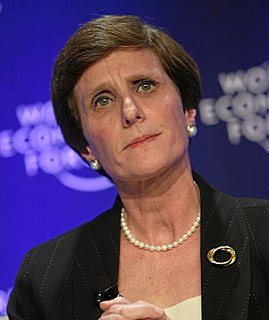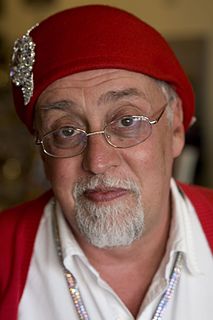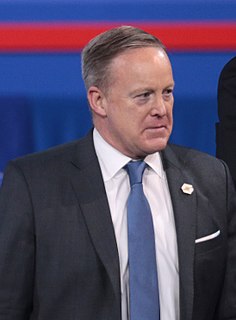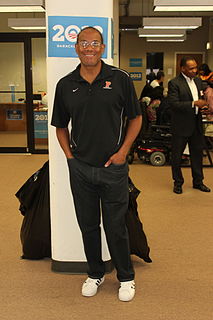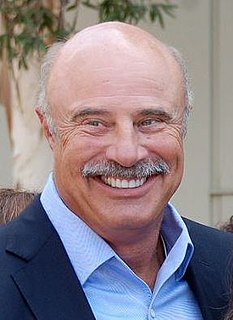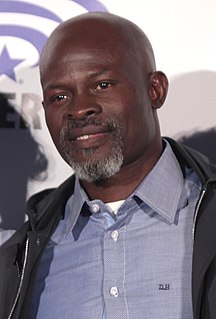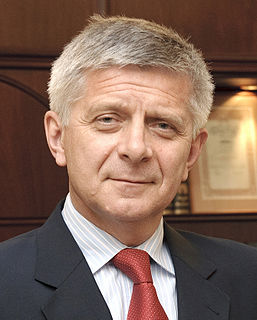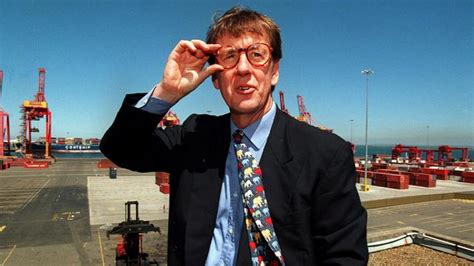A Quote by Irene Rosenfeld
The most important role of a leader is to set a clear direction, be transparent about how to get there and to stay the course.
Related Quotes
Trust is perhaps the most critical single building block underlying effectiveness. Without trust leaders do not have followers. Without trust, leaders are impotent despite great rhetoric or splendid ideas. Trust rests on the belief among followers that the leader is transparent: What you see is what there is. Trust means followers believe there is no duplicity; no manipulation just to satisfy the leader's ego. Very simply: The effective leader is transparent; that's why that person is trusted.
I find, the older I get, the more surprised I am about how hesitant people are to say what they really want, what they really dream about, what really drives them. It's as if sometimes we're sort of embarrassed, as we get older, to be transparent about that. But you save so much time if you're transparent about what you want.
I think the most important CEO task is defining the course that the business will take over the next five or so years. You have to have the ability to see what the business environment might be like a long way out, not just over the coming months. You need to be able to both set a broad direction, and also to take particular decisions along the way that make that broad direction unfold correctly.
The leader beyond the millennium will not be the leader who has learned the lessons of how to do it, with ledgers of 'hows' balanced with 'its' that dissolve in the crashing changes ahead. The leader for today and the future will be focused on how to be - how to develop quality, character mind-set, values, principles, and courage.
